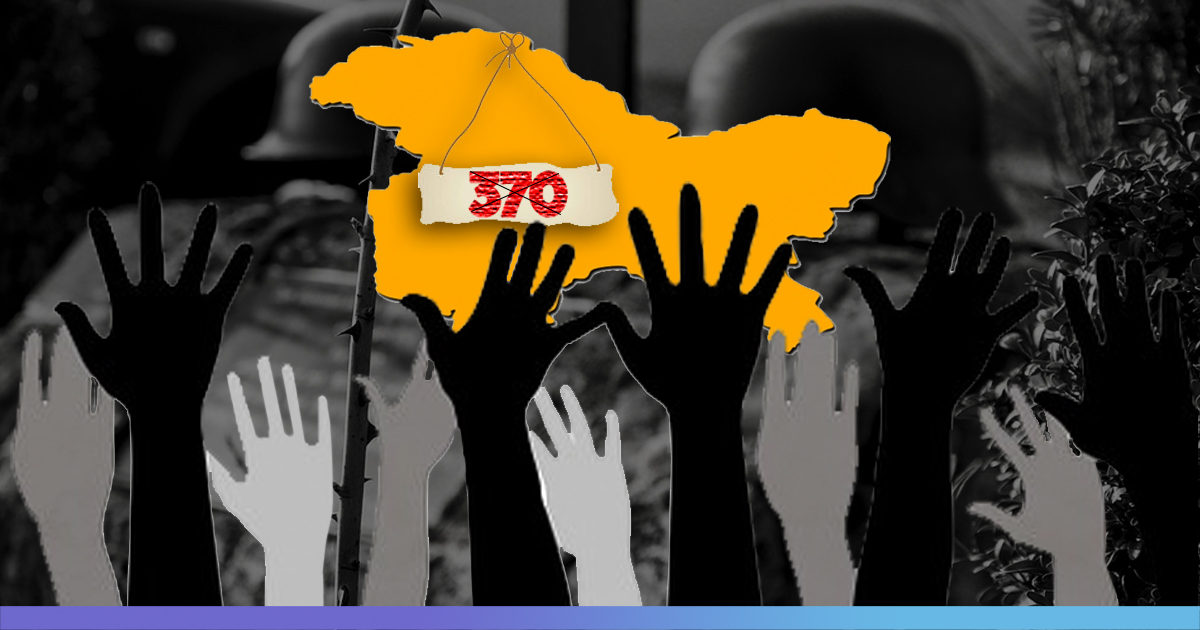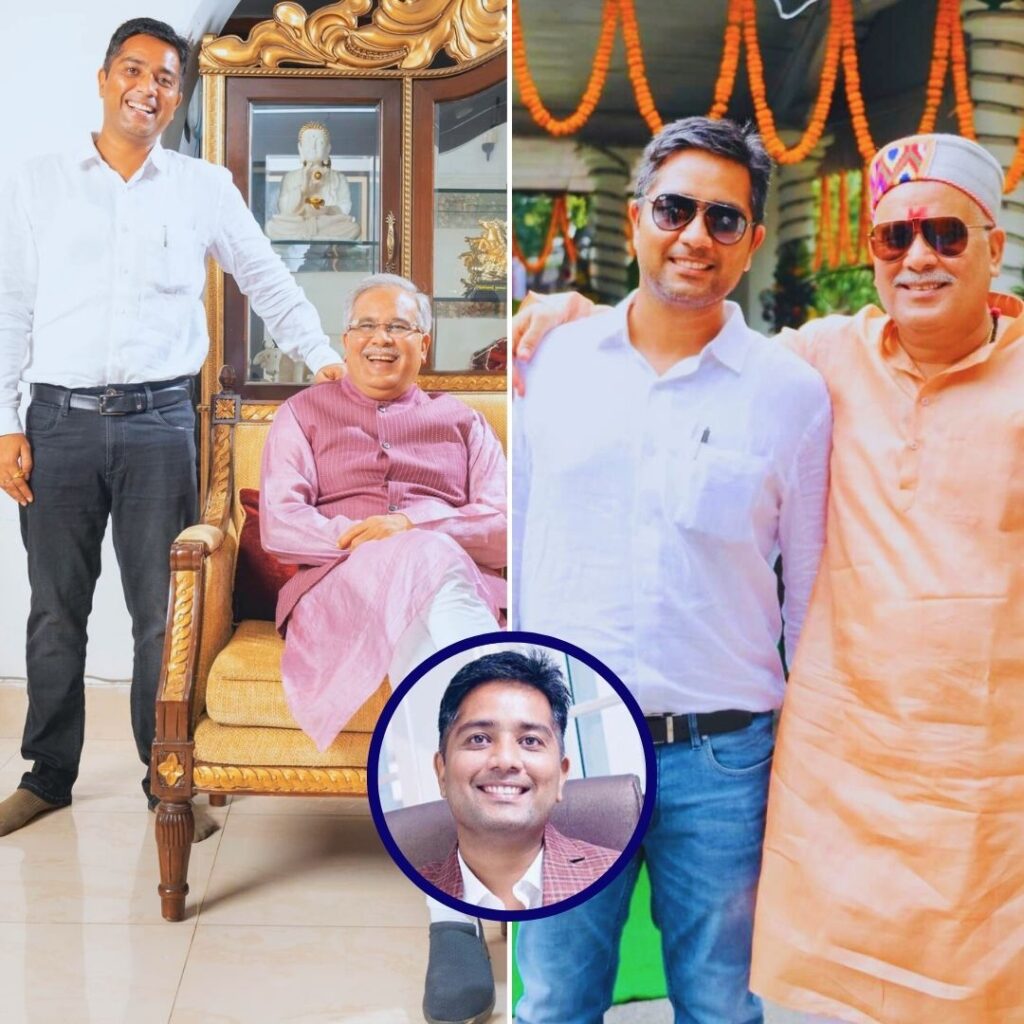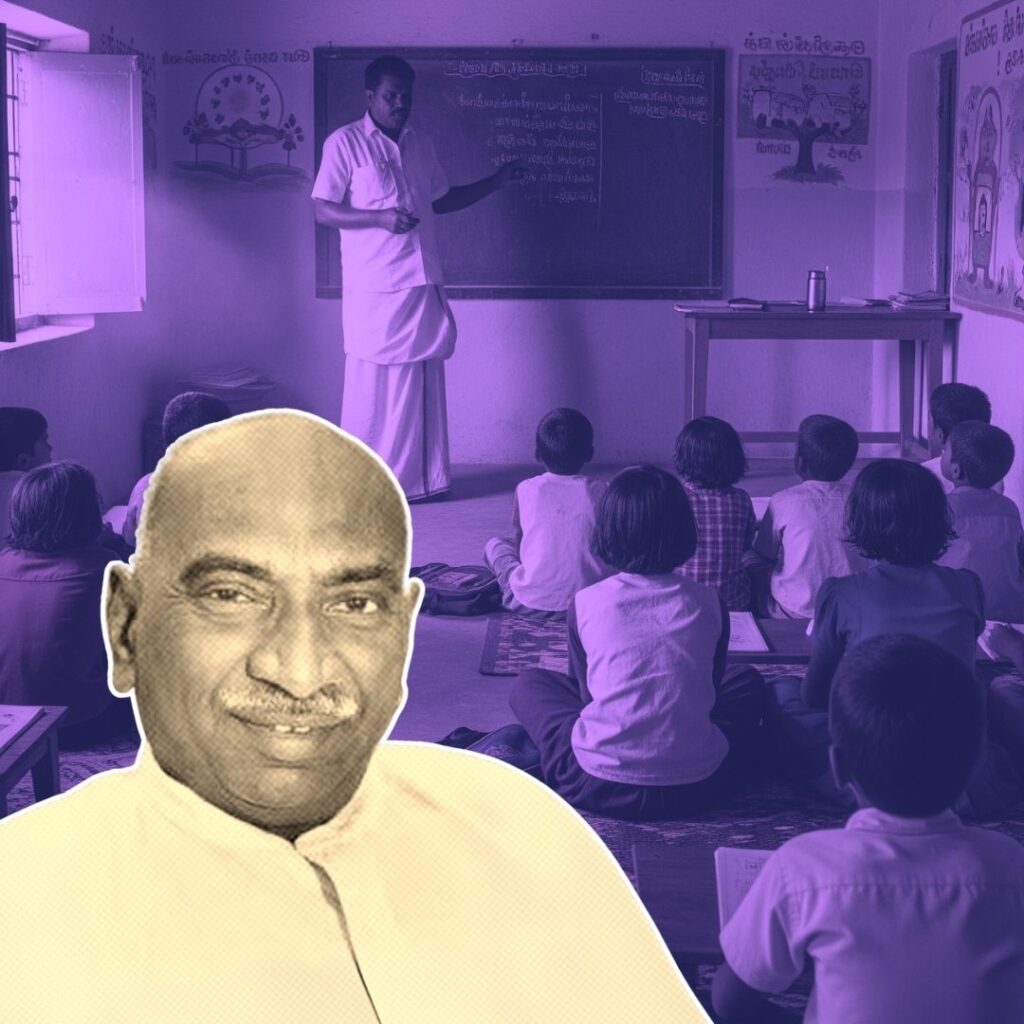Article 370 was included in the Constitution on October 17, 1949, permits the state of Jammu and Kashmir (J&K) to draft its own Constitution. It exempts J&K from the Indian Constitution (except Article 1 and Article 370 itself) and restricts Parliament’s legislative powers there.
The Article states that “concurrence” of the state government is mandatory for extending a central law on subjects not included in the Instrument of Accession (IoA). The IoA was signed by the last Dogra ruler of J&K Maharaja Hari Singh on 26 October 1947.
The IoA was a legal document introduced by the Government of India Act 1935 and used to enable leaders of nearly 600 princely states to remain an independent country, join India, or join Pakistan, in 1947.
While all the princely states under British rule agreed according to the rules of IoA and sided either with India or Pakistan, an exception was made with respect to J&K.
With respect to J&K, the Instrument of Accession gave Parliament the power to legislate only on Defence, External Affairs and Communications.
“Instrument of Accession cannot be varied by any amendment of the Act or of Indian Independence Act unless such amendment is accepted by me by an Instrument supplementary to this Instrument,” states the IoA signed by Raja Hari Singh.
The IoA further states, “nothing in this Instrument shall be deemed to commit me in any way to acceptance of any future constitution of India or to fetter my discretion to enter into arrangements with the Government of India under any such future constitution”.
With the headline ‘Temporary, Transitional and Special Provisions’, Article 370 is the first article of Part XXI of the Constitution. And only the J&K Constituent Assembly has the right to modify/delete/retain.
The article was meant to be a temporary provision.
Also Read: Breaking: Modi Govt Ends Article 370; Proposes to Split J&K Into Two Union Territories











